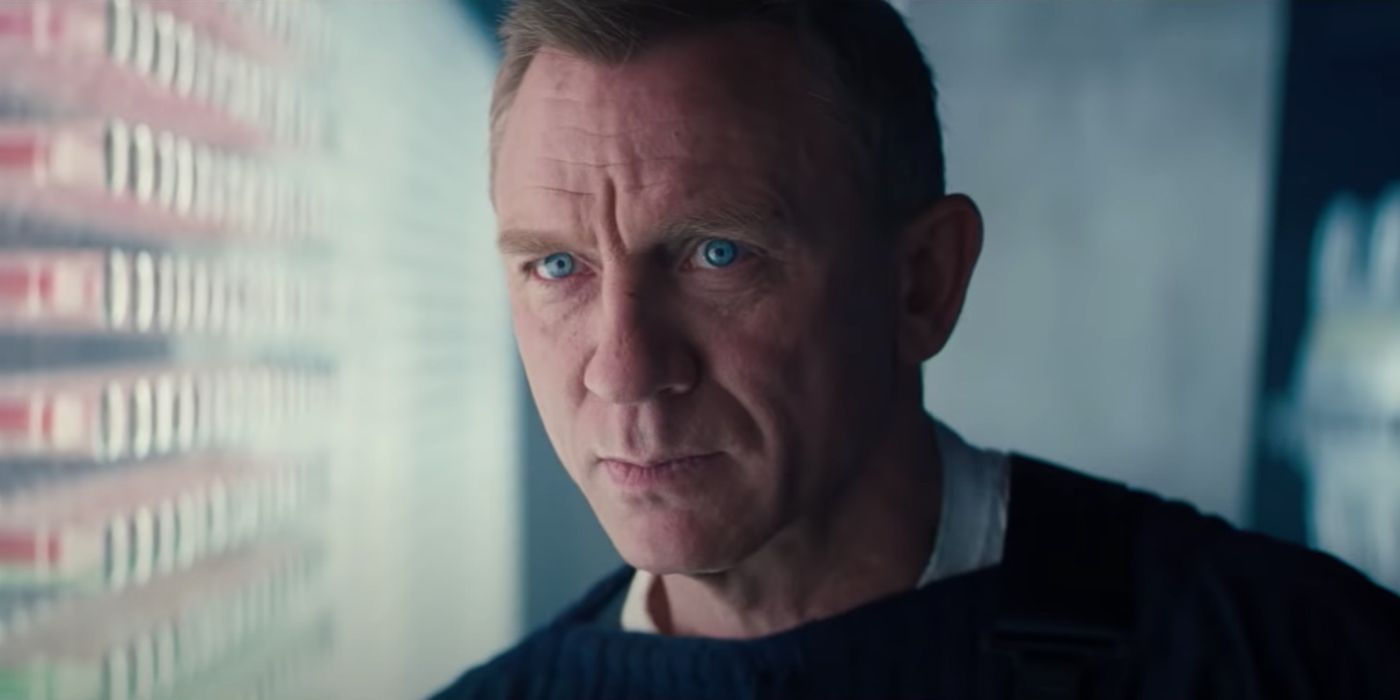James Bond's latest No Time To Die delay is being blamed for movie theater closures, but there are many other factors at play. As March 2020 began, it became clear that the emerging coronavirus pandemic would affect everyday life in a profound way, and the movie industry was forced to consider alternative options. No Time To Die was the first major blockbuster to suffer a delay, shifting from April all the way to November, where many assumed 007 would be safe for a return to duty. With October now in full swing and normality still some time away, studios are facing the exact same dilemma. Theaters in many areas have been open for quite some time, but restrictions remain firmly in place for the foreseeable future, ruling out the traditional cinema experience.
As a result, Eon and MGM recently announced that No Time To Die would be delayed again from November to April 2021. In the wake of this announcement, it was reported that cinema chains Regal and Cineworld could be closing their doors. No Time To Die took the brunt of the blame online, from "license to kill the movie industry" jokes to suggestions that Bond had a moral responsibility to save movie theaters. At the very center of this issue is another raft of job losses caused by COVID-19 - people whose lives will be made exponentially harder during an already impossible time. However, to make James Bond the face of these closures is to oversimplify an increasing dire situation.
No Time To Die was, at worst, the straw that broke the camel's back. An evergreen blockbuster franchise drawing in a wide range of generations, it's certainly easy to see why theater chains would place their hope in 007. But it was less than 2 weeks ago that Disney delayed a number of their remaining 2020 releases, including the MCU's Black Widow and Steven Spielberg's West Side Story. The financial juggernaut that the Marvel machine is, Black Widow perhaps provided even more of a lifeline to movie theaters than No Time To Die. Had Bond's delay been announced before Disney's, would Natasha Romanoff have suffered the same headlines 007 has of late? While the No Time To Die delay might've been the final blow, it was merely one hit in a barrage that has been ongoing for months, stripping 2020 of virtually all its cinematic promise.
There's also a large question mark over whether No Time To Die could've been the cinematic savior some are suggesting. Of the precious few films released during the pandemic, Tenet is by far the biggest. Although Christopher Nolan's brain-twisting epic has performed better internationally than in the domestic market, the numbers have failed to prove that large-scale theatrical releases are viable at the present time. Moreover, the status of lockdown restrictions remains in flux. In Bond's native UK, for example, the Prime Minister recently reinstated stricter measures following a sharp rise in cases and refused to rule out another national lockdown. Even if No Time To Die retained its November release date, there would be no guarantee that theaters would be legally allowed to open once that date arrived. This level of uncertainty, from the perspective of Eon and MGM who have their own jobs and workers to protect, creates a no-win conflict of interests between studio and theater.
But just as blaming James Bond is too narrow a response, there is a larger context beyond the two-way studio/theater struggle - cinema chains and their workers need more support. With furlough schemes over or due to end imminently, movie theater chains have been left in a very vulnerable economic position, even with new releases to show. The rise of streaming has been putting pressure on the cinematic experience for years, and the industry was bound to be hit heavily when lockdown orders were issued. Relief packages are a necessity if theaters are to survive and further job losses are to be avoided. And while it's understandable that movie studios are reluctant to release their big-budget properties to an almost inevitable loss, compensatory measures might soften the blow on theaters. For example, a selection of older Christmas and Halloween films could be licensed to theaters for a negligible fee, bringing customers back and taking advantage of the holiday seasons to partially offset the lack of new movies. Similar schemes were deployed earlier during the pandemic and might present a middle ground to prevent further closures after James Bond took another sabbatical.



